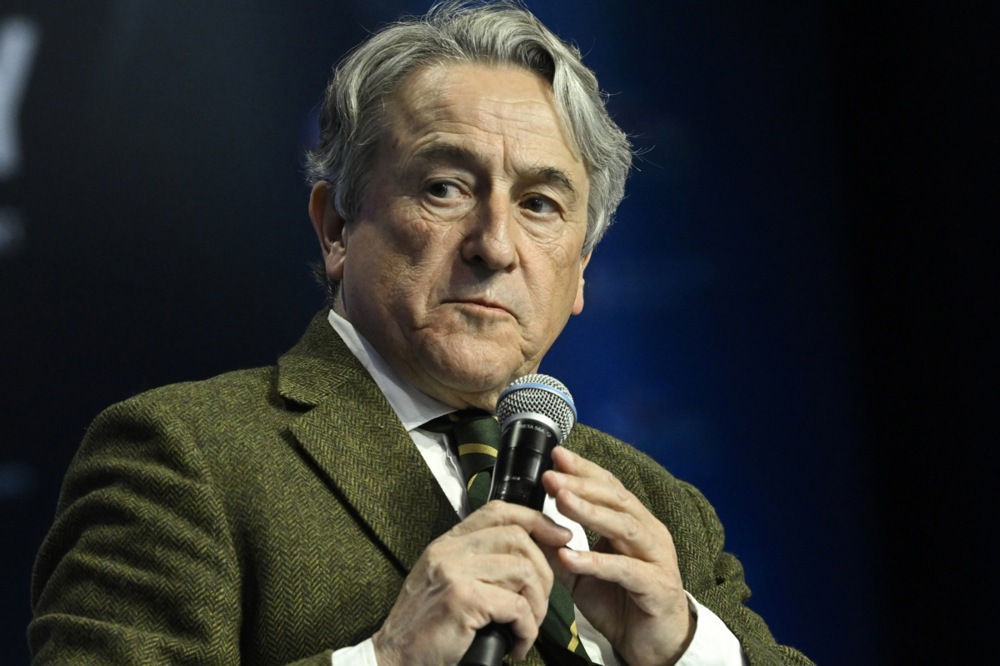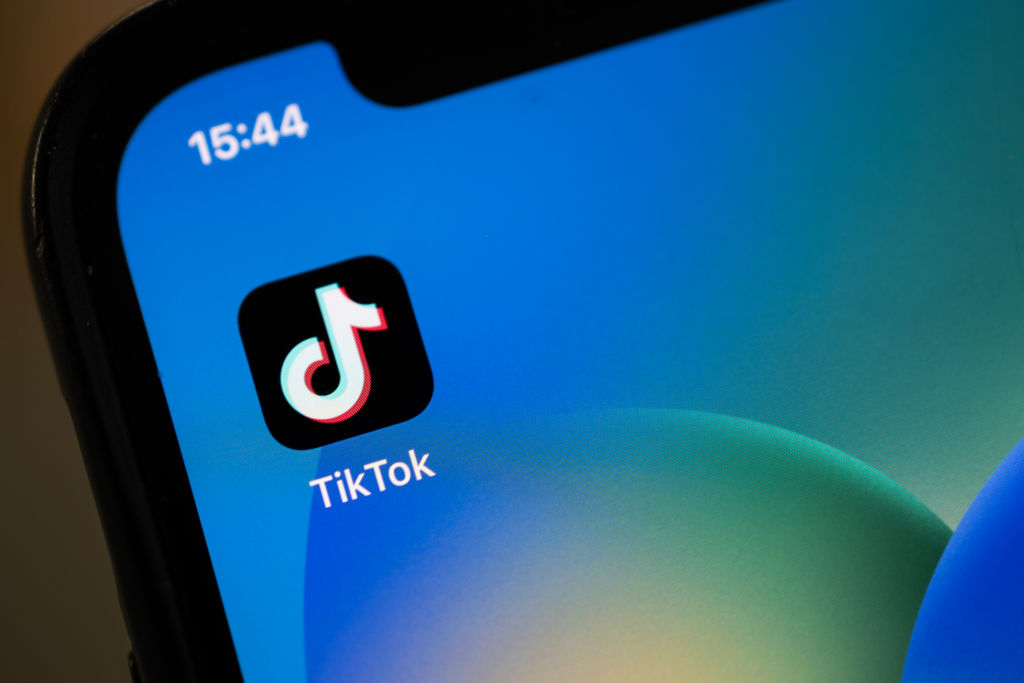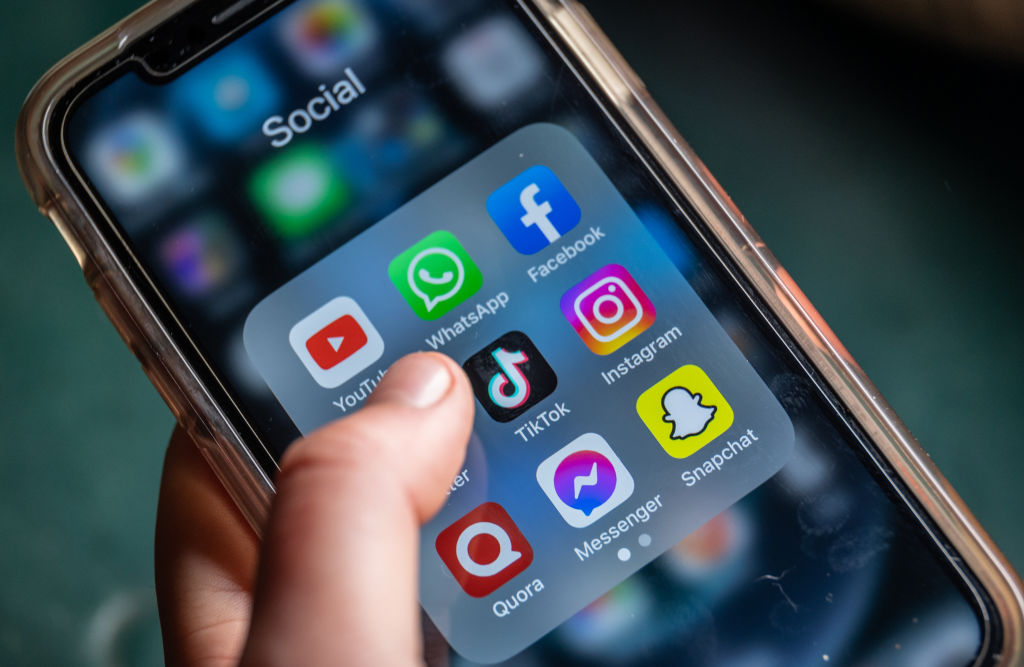Senior Eurocrats have been celebrating the full implementation of its censorship plans aimed at countering so-called “digital hate”.
The “Code of conduct+” came into force on January 20, with the semi-voluntary scheme giving Big Tech companies guidance on exactly how they should control online speech to appease Brussels.
While it does not technically need to be obeyed by each individual company operating in the bloc, European Union officials have warned they will look at punishing firms that fail to implement similarly strict measures using the Digital Services Act (DSA).
“Following this integration, online platforms who are designated under the DSA can adhere to the Code of conduct+ to demonstrate their compliance with the DSA obligation to mitigate the risk of the dissemination of illegal content on their services,” the January 20 press release explained.
“The compliance with the Code of conduct+ commitments will be part of the annual independent audit which these platforms are subject to under the DSA and which contributes to reenforcing the platforms transparency and accountability.”
Under the code, companies will be forced to work with “civil society organisations” to take down “illegal” speech, as well as deal with “at least two thirds of hate speech notices” received from NGOs and journalistic organisations within 24 hours.
Speaking about the announcement, EU Justice Commissioner Michael McGrath blasted what he saw as the use of the internet to facilitate speech of which Brussels disapproves.
“Hatred and polarisation are threats to EU values and fundamental rights and undermine the stability of our democracies. The internet is amplifying the negative effects of hate speech,” he said.
“I intend to work tirelessly to counter hate speech and hate crime in the EU.
“We stand, altogether, for a Europe united against hatred,” he added.
A member of Ireland’s ruling Fianna Fáil party, McGrath was part of the country’s previous ruling coalition that attempted to implement new hate speech laws in the country.
With many fearing that the new rules would have effectively banned the possession of offensive memes, the legislation was stripped of all references to speech after international outcry from the likes of Elon Musk and Donald Trump Jr.





